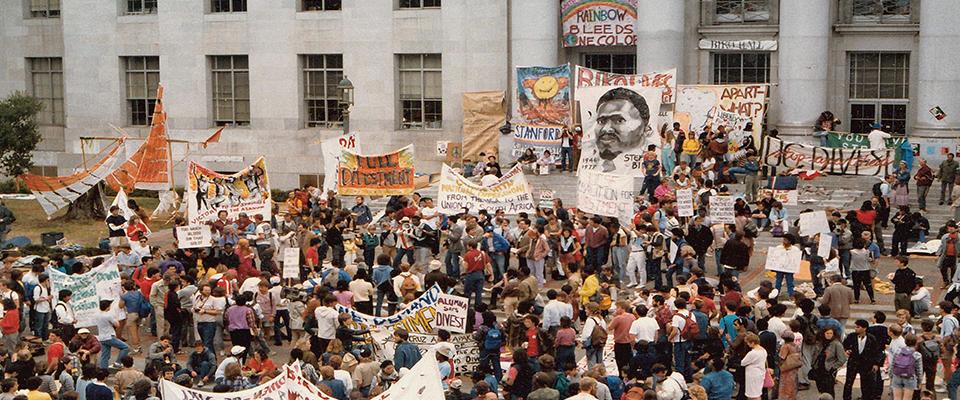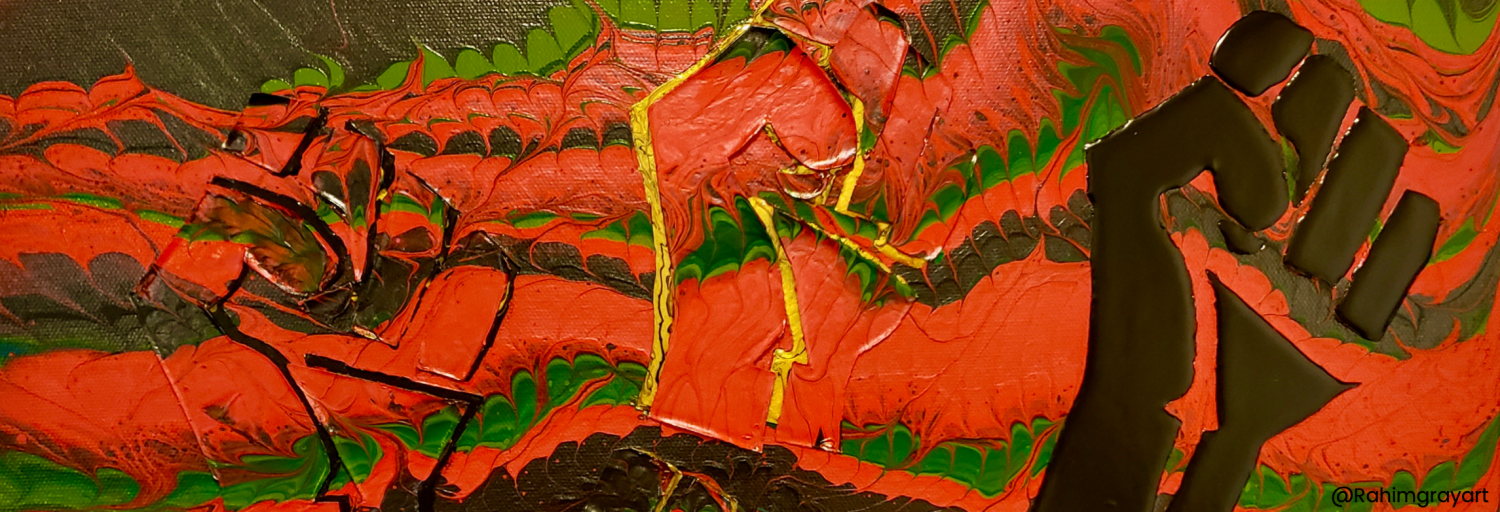Support for Berkeley College’s Apartheid divestment campaign came after a few hundred students staged a sit-in on the steps of a prominent building on campus. A week into the sit-in, dozens of police in riot gear stormed the area and violently arrested 158 protestors. The rest of the Berkeley campus was outraged as the violence shown towards the peaceful protestors, and the next day over 10,000 students boycotted classes. The repression of the police solidified the group of divestment proponents into a campus-wide social movement. Throughout the rest of the year, the students committed to more actions to demonstrate the injustice of Apartheid, such as building shanties to highlight the inhumane living conditions of Black people in South Africa. On another occasion, police raided the shanties, arresting 61 protestors. This once again spurred the movement into action and 20 new shanties were constructed overnight. This series of events led to direct confrontations with the police where fires were being set, rocks being thrown, and more people injured and arrested in the chaos. After all of this, the Berkeley Trustees only vowed to divest from a single company profiting from Apartheid. It wasn’t until the California Governor George Deukmejian, worried about the escalating violence, reversed his stance on Apartheid that the UC system embraced divestment. The UCs voted to divest over $3 billion in stock holdings in South Africa, which was the largest single divestment of the movement and the largest public institution to act.
The main takeaway of the Berkeley case is:
- Violence, only as a means of last resort, and perseverance are extremely powerful motivators for change

These case studies are just a few examples of different school’s strategies for divestment in the 1980s. Ultimately, 55 universities in the United Stated divested from companies that benefited the Apartheid government. Nelson Mandela called the divestment movement “a catalyst that ultimately helped end white-minority rule in South Africa.” Apartheid divestment campaigns demonstrated that there is enormous power in sustained student organizing and activism.
